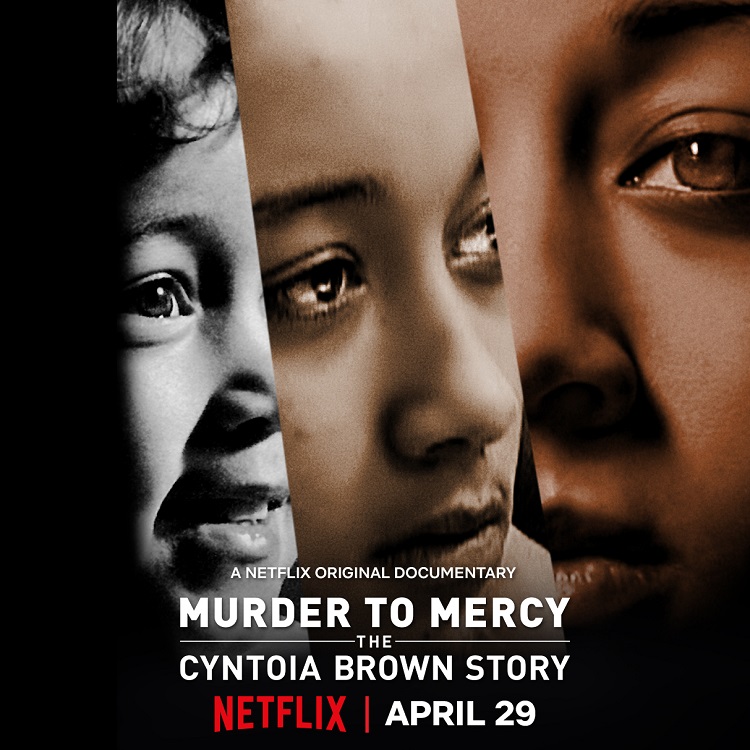
Written by Ram Venkat Srikar
I strongly believe that when we watch a documentary, our validation of the film is completely attributed to our perception of the subject. Agree with the point the documentary’s trying to make? The likelihood of you ending up savoring the film is high, and vice-a-versa. In documentaries, the more the subject overshadows the artform, the closer it echoes a news special. It’s a blockade that Netflix documentaries effortlessly surmount. Evaluating Murder to Mercy: The Cyntoia Brown Story solely from the art perspective, the film’s touch-and-go nature refrains us completely experiencing the wound, as the information seldom overcomes that ‘news-special’ treatment.
Spanning from 2004 to 2019, the film follows Cyntoia Brown, a 16-year-old, who is imprisoned for life for murdering Johnny Allen, a man who offered her money in exchange for sexual intercourse. In How to Fix a Drug Scandal, a Netflix documentary series, defense attorney Luke Ryan says that when a crime is committed, it’s only the crime scene that’s evaluated, the instigation or trigger that led the person to arrive at the crime, is always ignored. Murder to Mercy is as much as about ‘what happens to Cyntoia’s future?’, as much as it is about ‘why did Cyntoia kill Johnny Allen?’.
The answer is revealed early into the film: Johnny’s actions triggered her to shoot the man as an act of self-defense. However, that’s not the actual answer to the ‘why?’. It is an answer if you consider the shooting purely a physical act. The shooting element is more inclined towards proving her guilt than understanding why she had to take the decision, and the film traverses those emotional facets which led to this physical act.
The questions are mostly about her past that goes back to not just her childhood, but to a few generations behind. This is where the film overcomes its ‘informative analysis’ tag and dwells into the exploration of human lives, and the associated anguish. The trauma that Cyntoia’s biological mother and even her grandmother had experienced is gradually revealed, leaving us shocked upon the realization that there are people in the world who are consistently harassed, mentally and physically, and they keep going. These women represent the exploited, voiceless section of society. The film is most potent when it is stitching Cyntoia’s life to her biological mother, Georgina Mitchell, whose stories mirror each other.
Murder to Mercy will get hold of your attention with its intriguing subject matter. If the subject matter falls lightweight or feels convoluted, the film’s humanistic nature will get you. Either way, the documentary checks both the boxes, although the treatment is akin to skimming through a Wikipedia page that provides only the details that it wants you to know.
The law system that imprisoned Cyntoia is incessantly illustrated as the opponent. As a person, we never witness Cyntoia reflecting on her actions that killed a man. Her emotional acknowledgment or response is barely explored. This would have appended an additional coating to the film’s intended portrayal of transformation. This leaves the film and the court case, morally ambiguous, although emotionally satisfying.
Murder to Mercy: The Cyntoia Brown Story is currently available on Netflix